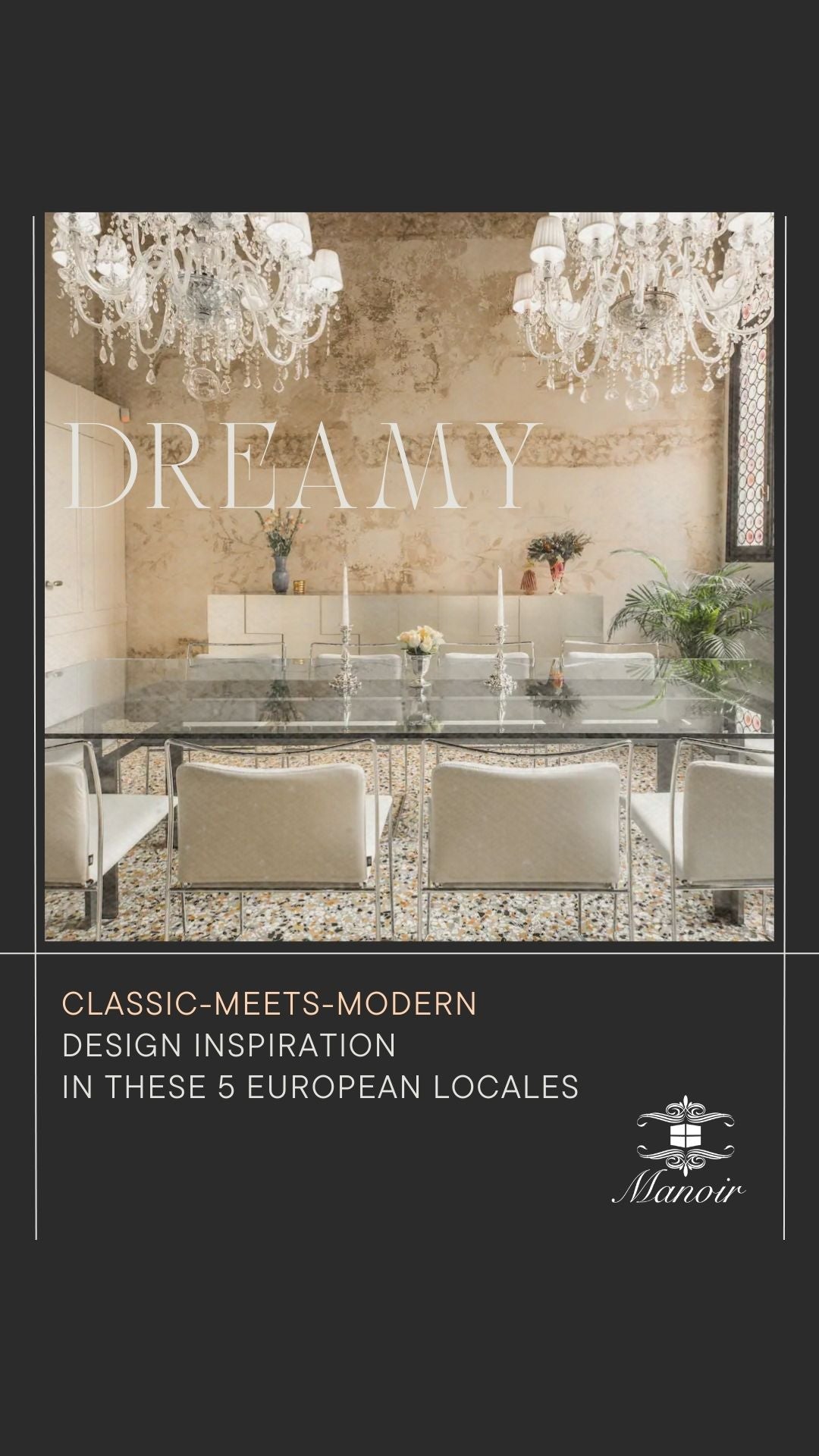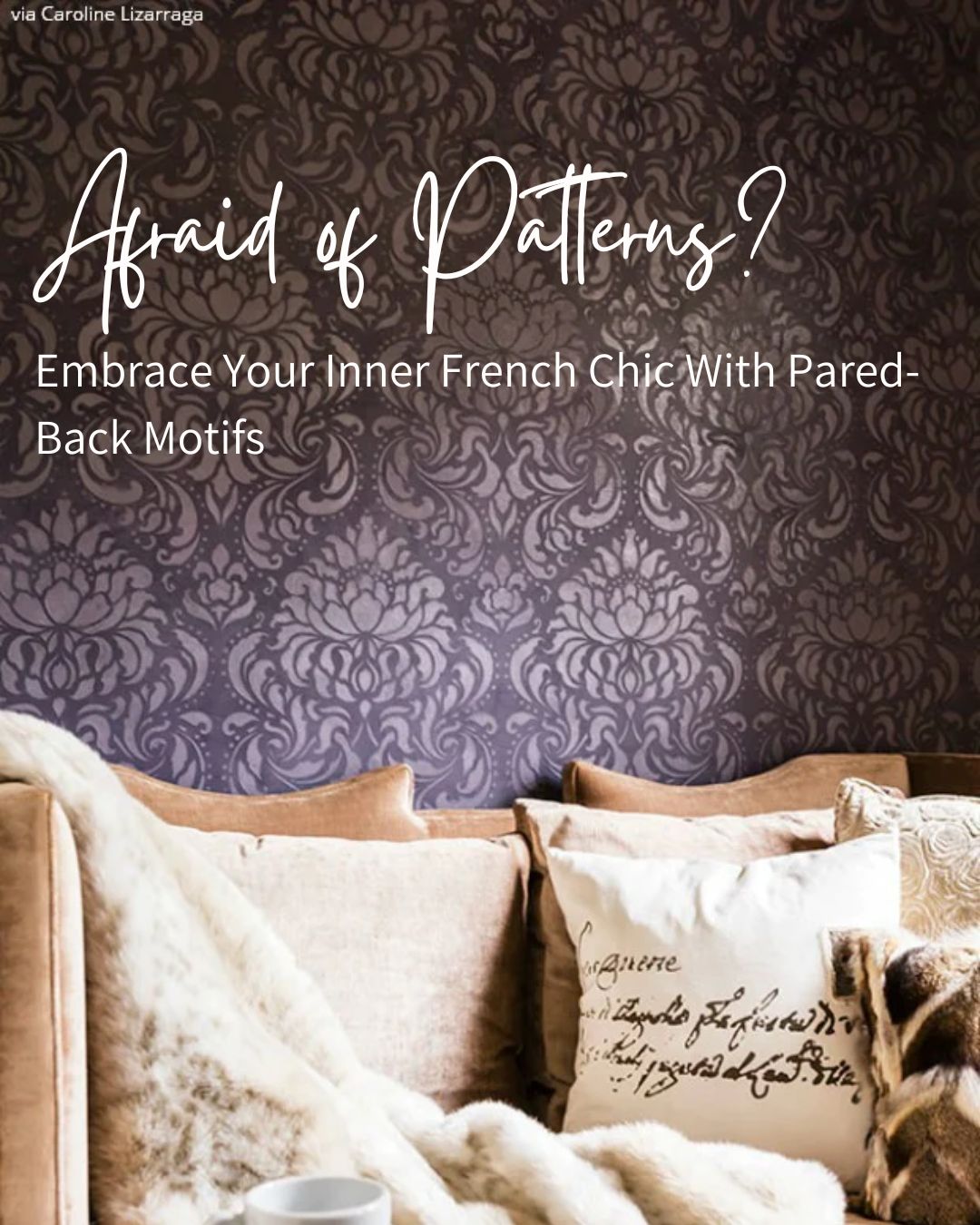From Upper Class Elegance to Global Adoration: How French Furniture Became Très Chic
Ah, French furniture – for many, it is the epitome of elegance and sophistication. From the grand palaces of Versailles to the cozy apartments of modern art enthusiasts, French furniture has had an enduring allure that has transcended time and borders. But how did these ornate creations become de rigueur in homes of the upper classes and eventually pervade living rooms globally? Join us on a journey through the evolution of French furniture's popularity and its evolution from high society indulgence to a global design sensation.
 Marie Antoinette, Queen of France, Fashion Icon
Marie Antoinette, Queen of France, Fashion Icon
Chapter 1: The Allure of Upper Class Elegance
Picture this: it's the 17th century, and the French aristocracy is lounging about in opulent chateaux, surrounded by intricate furniture that seems to have sprung straight from the fairytales. Think Marie Antoinette nibbling on a macaron while reclining on a Louis XVI armchair – a scene fit for a period drama, non? The upper classes of France were drawn to the craftsmanship, attention to detail, and sheer luxury that French furniture exuded.
 The Hall of Mirror at the Palace of Versailles, built by Louis XIV, the Sun King
The Hall of Mirror at the Palace of Versailles, built by Louis XIV, the Sun King
The Louis Touch
Enter the era of the Louis – not the kings, mind you, but the furniture styles named after them. Louis XIV, the Sun King himself, was quite the trendsetter. His love for ornate, grandiose pieces laid the foundation for French furniture's rise to prominence. The opulent Louis XIV style featured richly carved wood, extravagant fabrics, and elaborate designs that were the ultimate status symbols for the upper echelons of society.
 Louis XIV Style
Louis XIV Style
Bonjour, Rococo!
As time marched on, the Rococo movement sashayed onto the design scene. With its whimsical curves, delicate details, and an unabashed love for the lavish, Rococo furniture captured the hearts of the elite. Pieces like the quintessentially French bergère chair made their debut, offering a delightful combination of comfort and elegance.
 A classic bergère chair
A classic bergère chair
Chapter 2: The Global Fling
As tales of the French aristocracy's extravagant taste spread, the upper classes of other countries couldn't help but catch a severe case of French furniture fever.

Across the Channel
The British upper classes, enamored by the sophisticated allure of French design, embarked on a passionate affair with French furniture. Inspired by the same styles that graced the salons of Paris, they adorned their own drawing rooms with ornate commodes, gilded mirrors, and chaises longues. The result? A blend of British restraint and French flamboyance that became known as the "Anglo-French" style – a lovechild of elegance and extravagance.
 A British drawing room in Cornwall (Prideaux Place) in the Anglo-French style
A British drawing room in Cornwall (Prideaux Place) in the Anglo-French style
Transatlantic Infatuation
Across the ocean, the American elite looked across the Atlantic with starry eyes. French furniture became a status symbol in the New World, and collectors vied to furnish their estates with the most exquisite French pieces. Who could resist the allure of a Louis XV writing desk, poised to inspire eloquence and penmanship that would make Voltaire himself swoon?
 A Louis XV roll top writing desk, also known as a Bureau de Roi
A Louis XV roll top writing desk, also known as a Bureau de Roi
Chapter 3: The People's Passion
As the world watched the upper classes indulge in their love affair with French furniture, it was only a matter of time before the masses clamored for their own slice of chic design heaven.
The Art of Imitation
Imitation, they say, is the sincerest form of flattery. As the demand for French furniture trickled down from the aristocracy, skilled craftsmen began producing more accessible replicas. This democratization of design meant that the middle classes could finally revel in the elegance that was once exclusive to the upper crust.
 An example of a shabby chic bergère chair
An example of a shabby chic bergère chair
Bonjour, Shabby Chic!
In the 20th century, the "shabby chic" movement emerged, celebrating the charm of well-loved and aged furniture. Suddenly, a distressed Louis XV chair had an air of casual elegance, and a weathered armoire became a conversation piece. The appeal lay in the blend of history, craftsmanship, and a touch of imperfection – a far cry from the stiff formality of the furniture's origins.

Conclusion: A Timeless Love Affair
And so, dear readers, the story of French furniture's global popularity comes full circle. From the extravagant courts of Versailles to the cozy living rooms of suburban homes, the allure of French design has woven its way into the fabric of interior culture worldwide. It all began with the upper classes, their taste for opulence inspiring a movement that would eventually embrace people from all walks of life.
Whether it's a Louis XVI armchair or a Rococo-inspired mirror, French furniture continues to reign as a symbol of timeless elegance. So, the next time you admire the graceful curves of a French-inspired console table or sink into the plush cushions of a bergère chair, remember – you're not just sitting on a piece of furniture. You're perched on a legacy, an evolution of design that has traveled through history, transcending boundaries, and bringing a touch of that enchanting French flair to us all. C'est magnifique!



Leave a comment
This site is protected by hCaptcha and the hCaptcha Privacy Policy and Terms of Service apply.